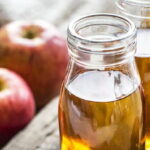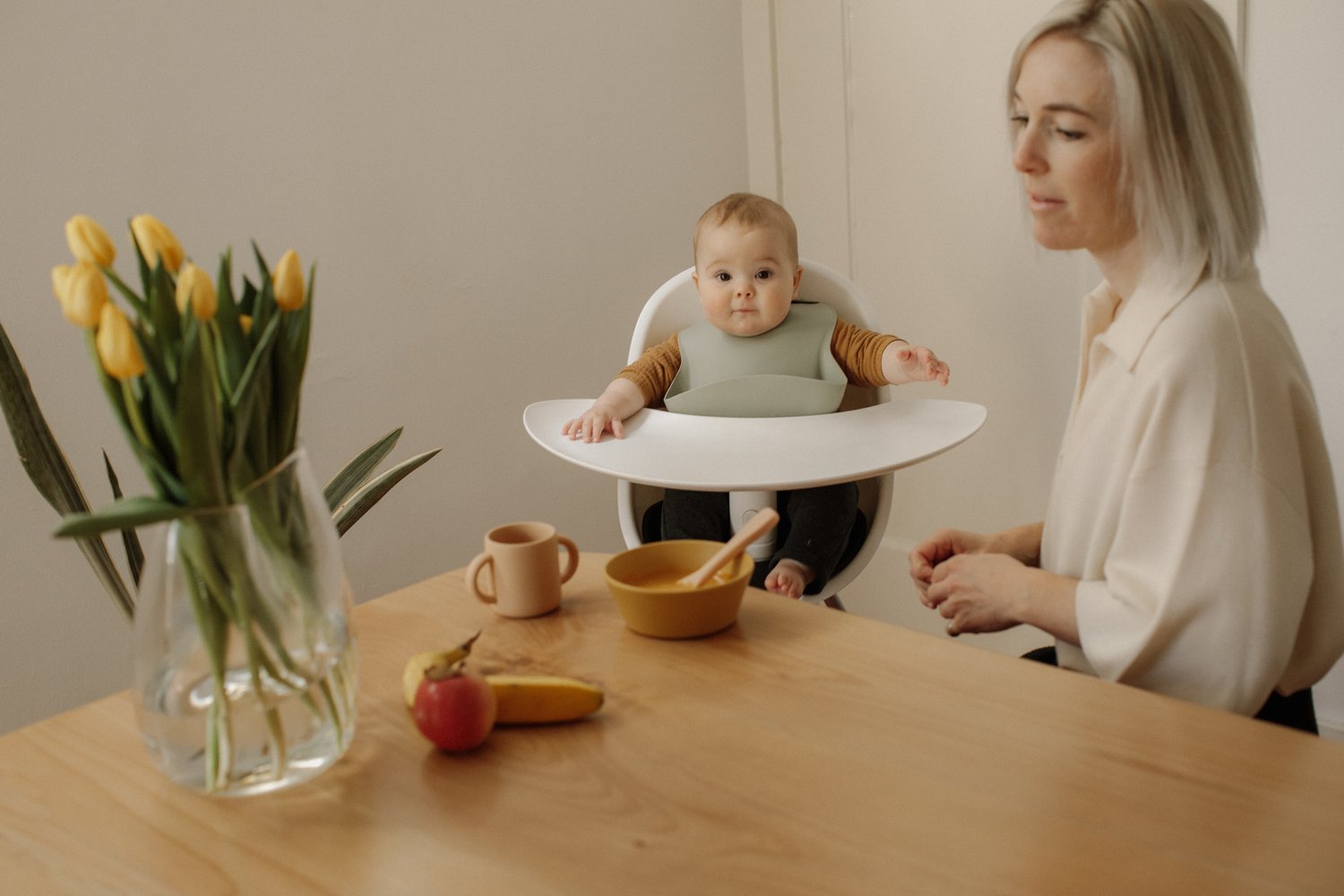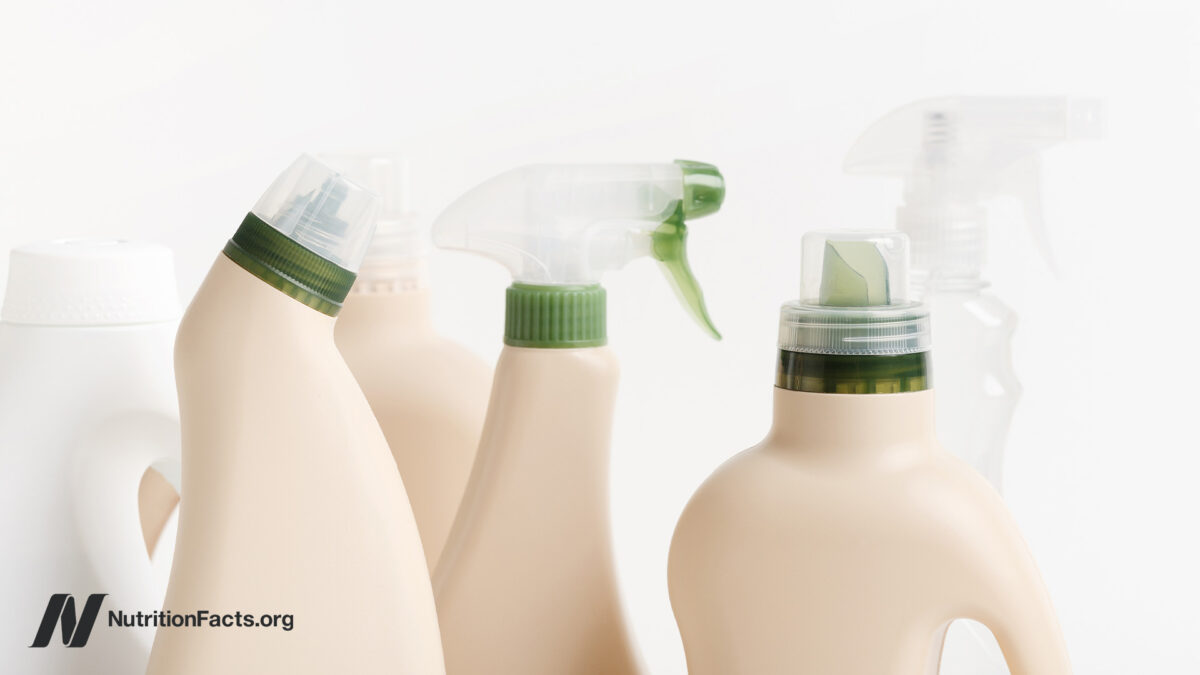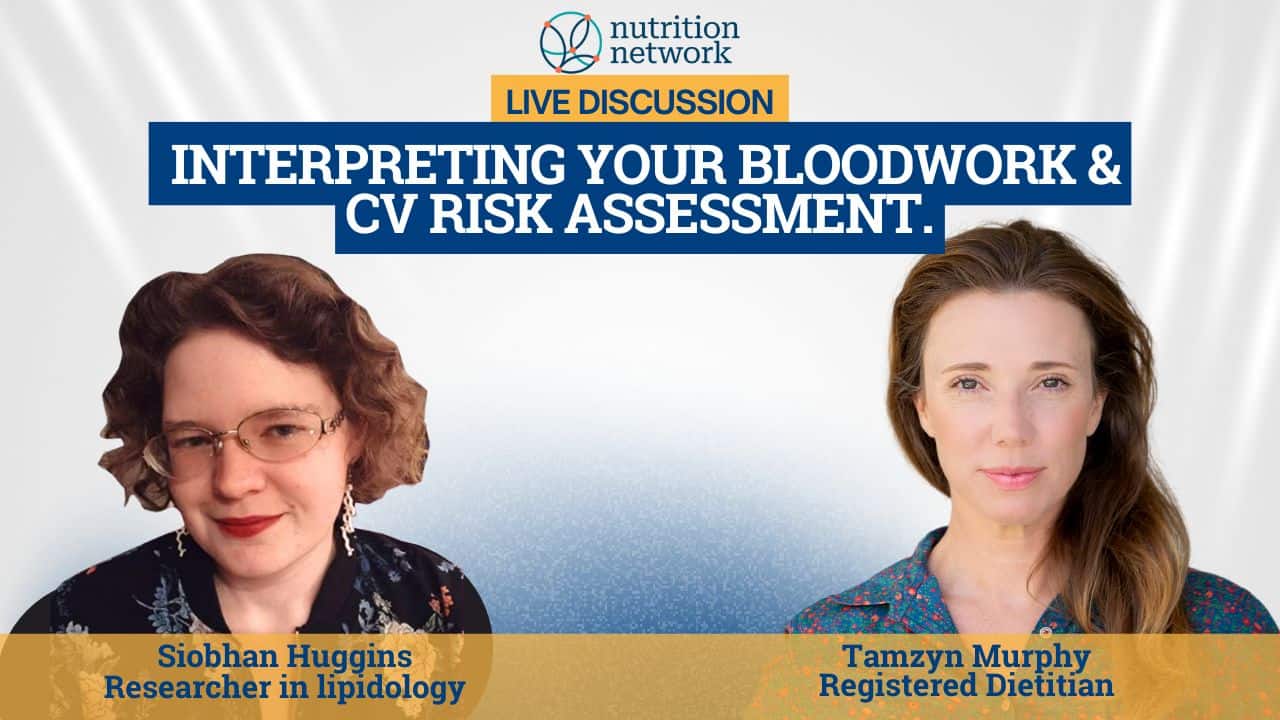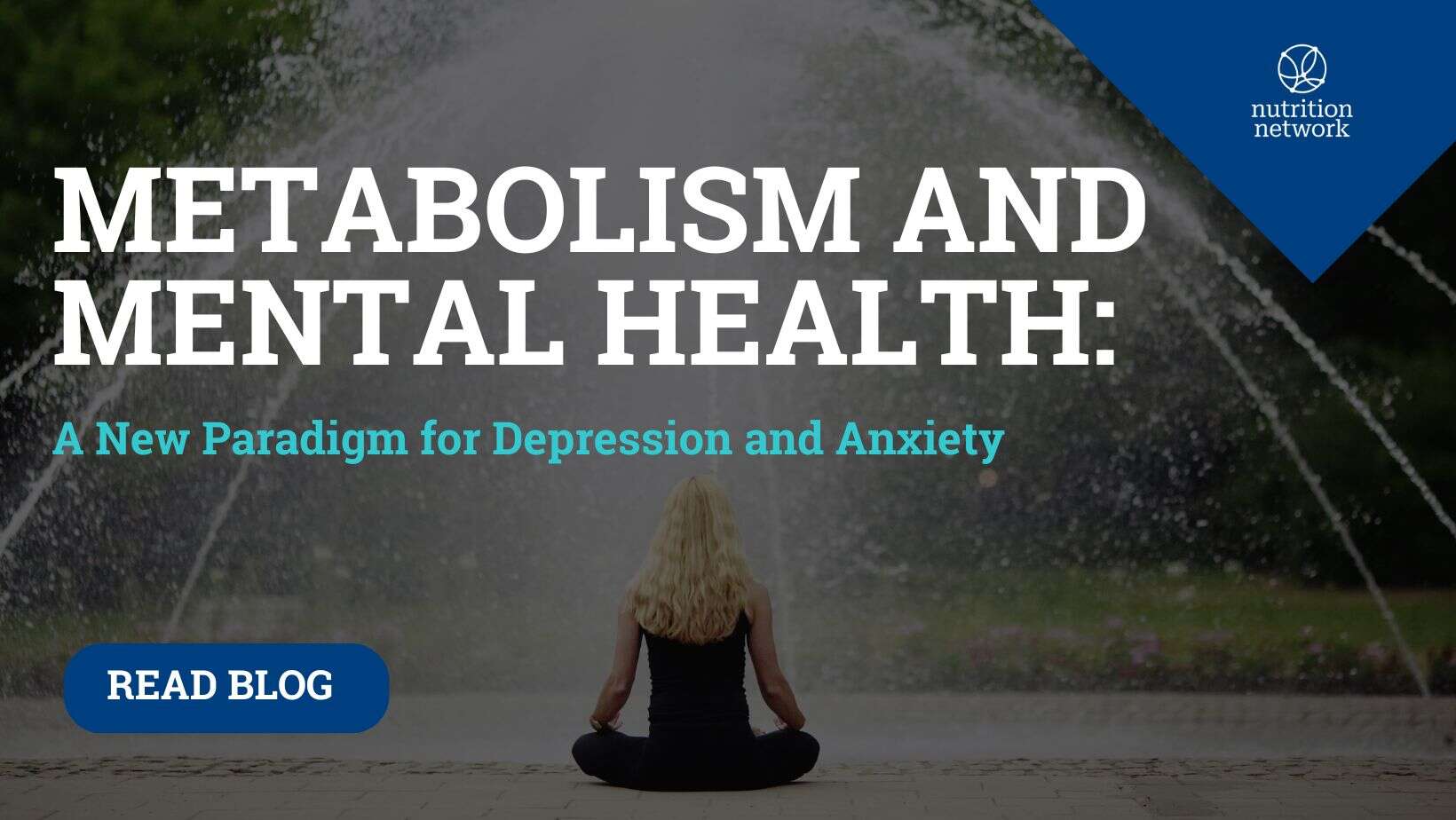
Puree pouches are super convenient, they contain fruits & vegetables, and most importantly, kids love them — but are they really a healthy option for your baby? They may seem just as wholesome as homemade, but unfortunately, that’s not always the case… even with ‘organic’ on the label.
We know the love for pouches runs real deep, but we’re just sharing what we know for the love of babies. (Please don’t shoot the messenger.)
Our goal is to provide information that helps you make the best choices for your little one’s nutrition. Let’s take a closer look at how puree pouches fit into your baby’s diet and how to use them more mindfully.
How they’re made
The first step in making store-bought puree happens at a mass producer where fruits and vegetables are boiled down using ultra-high heat processing to create a shelf-stable pulp. This pulp is then shipped to various baby food manufacturers who combine them in their own way, and then boil them again with a second round of ultra-high heat processing.
Fruits and vegetables contain water-soluble vitamins and enzymes that are sensitive to heat. So while the high temperature ensures that it remains shelf-stable by killing all of the “bad stuff,” sadly it also destroys most of the nutritional value. The result is a syrup that’s high in sugar, low in nutrients, and no longer resembles an actual fruit or vegetable.
Store-bought puree also doesn’t contain the fiber, fat, or protein necessary to help slow the blood sugar spike that these little pouches inevitably cause. Unfortunately, what goes up must come down — and when blood sugar eventually drops after the sugar rush, meltdowns and tantrums are more likely to happen.
The long-term impact on taste & texture
A baby’s first food experiences build their preferences for the future. Children who eat sweet, processed baby food have an increased chance of developing a lifelong preference for sweet, processed food. Even pouches boasting flavors that normally aren’t considered sweet, like kale and quinoa, are primarily filled with an overpowering and addictively sweet fruit reduction.
A warning masked as a comfort
Even though strawberries are a common food for babies to react to (often with a rash), they’re still commonly added to store-bought purees. However, the manufacturers of baby food ‘reassure’ parents not to worry, saying they use such high temperatures to process their pureed strawberries that it “destroys” the protein responsible for the allergic response.
As if to brag, they go on to say that temperatures used to cook strawberries at home couldn’t reach a high enough heat to effectively destroy these same proteins.
It’s worth questioning whether that’s truly reassuring — or more of a red flag.

